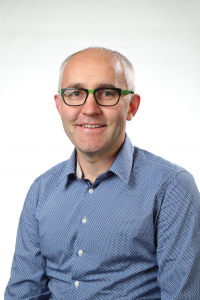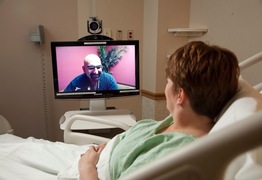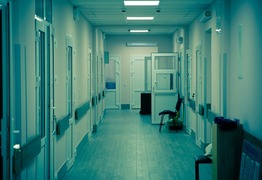Peak cancer body calls for government to press pause on cuts to telehealth rebates
Lee O'Connor
30 December 2021, 2:17 AM
 Regional and remote cancer patients will be more out of pocket with last-minute cuts to Medicare rebates for telephone calls to specialists.
Regional and remote cancer patients will be more out of pocket with last-minute cuts to Medicare rebates for telephone calls to specialists.At-risk patients across regional and remote areas will be hardest hit by the federal government's cuts to Medicare rebates for Telehealth services which will begin from 1 January and advocates for cancer patients warn that the changes could force vulnerable people to attend clinics in areas where COVID is rife.
According to the Private Cancer Physicians of Australia (PCPA) the organisation became aware of the changes just before Christmas, when one physician happened to read the fine print in the government's much-publicised changes to Telehealth services, leaving them with only eight working days' to re-organise and no chance for negotiation.
“We are very supportive of Telehealth, particularly during this pandemic and making it permanent is a welcome decision but then the fine print was only revealed days before Christmas,” PCPA President Dr Christopher Steer said.
"A Medicare rebate (item number 91835) for phone calls will be scrapped along with a 50% loading (item number 112) for video consultations for regional and rural patients."
The change effectively removes telephone calls as an option for specialist consultations, forcing patients and doctors to utilise either video calls, which will be more expensive, or travel to attend clinics for face to face sessions.

Dr Rob Zielinski is a regional cancer physician and says the cuts will impact vulnerable patients in regions where internet connectivity and access is not reliable.
Public hospital oncologist Dr Rob Zielinski who works with the Western Cancer Centre out of Orange, says that the move was poorly timed and did not account for the needs of patients in regional and remote areas.
"We have been aware that the medicare item was under review for about the last eighteen months, but there was no forewarning of the change and no opportunity for negotiation," Dr Zielinski said.
"It means the only way you can get a face to face with your doctor is a video call. I agree that video calls are much better than phone calls when in-person is not reasonable but the government has used a big stick approach and haven't really taken into account the lack of reliable internet connections or the needs of some of the most vulnerable patients in more remote areas."
"A lot of our elderly patients don't have smartphones or webcams at home and many live 200 kilometres or more from a hospital or clinic."
"This change is coming just as Omicron is exploding and the last thing you want to do is bring cancer patients, or anyone with impaired immunity, into a crowded clinic," he said.
"It's a really ill-timed decision and the government needs to press pause to keep patients away from hospital."
Dr Zielinski pointed out that making the changes just as many services take a well-earned rest over the Christmas to Year period, will make it very difficult to adjust the administrative systems used to charge for services.
More importantly, the changes will mean out of pocket expenses for patients needing services from oncologists, neurologists, cardiologists dermatologists and the like could increase from around $6 per consultation to anywhere up to $300 per session, depending on the rarity of the specialist involved.
"The changes will impact all specialist physicians," Dr Zielinski said. "It will also have some impact on GPs if they are with a patient when they dial in to speak to a specialist. They have removed that payment as well."
Dr Zielinski says under the new arrangements, calls to specialists can still be subsidised if they last for less than five minutes, but emphasises that this can lead to a reduced quality of care provided to patients.
The PCPA has called on the Government to defer this dramatic change for at least six months, so immunocompromised patients will not be forced to leave the safety of their homes for a consultation with their specialist, at a time when COVID-19 is escalating again.
“The impact of the significantly increased out-of-pocket costs on patients, already struggling with the financial toxicity of their cancer journey, also needs to be determined before these changes are imposed,” Dr Steer said. “Many specialists, like myself, prefer video or face-to-face but for many of our patients, especially now, as we experience another wave of COVID-19; neither are an option.”
Cancer patient advocacy groups and oncologists are only now realising what these changes could mean for their patients. The CEO of Pink Hope, Ms Sarah Powell, said she was incredulous over the shock changes, especially given the surge in COVID-19.
“Regional and remote cancer patients will be hard hit by this. Too many simply can’t use video due to reasons beyond their control and they should not, must not, be forced to travel into public spaces, where COVID-19 could be rampant,” Ms Powell said.
“We must defer these changes before they have a catastrophic impact on those who are already doing it tough.”
Member for Parkes Mark Coulton and the Minister for Regional Health, Dr David Gillespie have been contacted for comment but their offices are unattended until after the changes come into force on 1 January.

